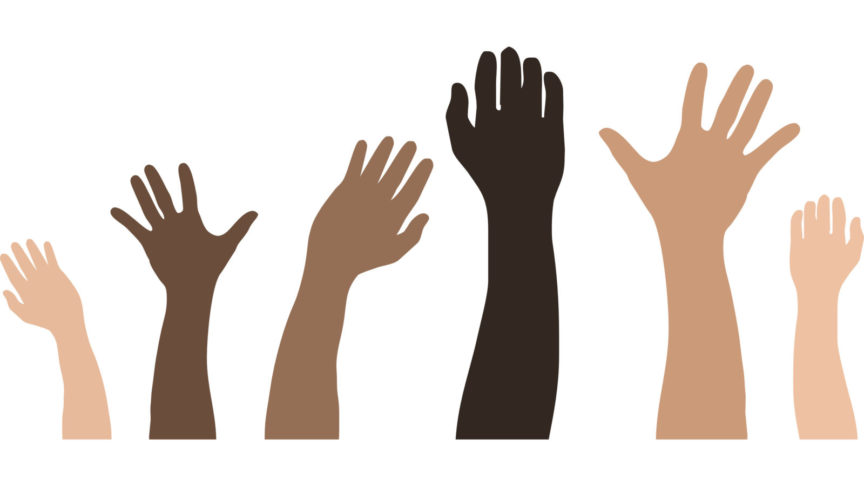*Note – as a white man I struggled with writing this blog post. Would I make a mistake, be insensitive, or offend, possibly in some way specific to my experience as a white male? Should I write it at all? For example, I needed to decide whether to use the term “African-American” or “Black.” I chose the latter based on feedback from three friends who identify as Black; two of them felt “African-American” was politically correct in a way that felt sanitized and inaccurate. I struggled with how to refer to and include all “people of color” (non-whites who are not Black – i.e. indigenous people, Asians, Latinos, others) and alternated at times.
I was tempted to back out and not write about race at all but that felt like I’d be backing away from a meaningful issue. So, here is my best shot at expressing myself on a tough and important topic. I am open to your feedback about my approach to this; email me personally or start a conversation in the comments section of this post on my site. White people need to wade into these waters of race, oppression and structural racism (built into the system in ways obvious and subtle) in order to be part of the solution. It feels risky to engage in the topic of race and avoiding it would be easier – and harmful.
A few weeks ago I went to the Annual Rendezvous/Fusion (conference) of the Purposeful Planning Institute (PPI). The event is attended by a variety of professionals serving individuals and families who have accumulated wealth and who have the goal of incorporating a higher sense of purpose: making a positive impact in the world. There were four Black people in attendance – all women.
PPI is a good organization with thoughtful leaders, and one of many in this field of which I am a member and whose conferences I attend. I see very few Black people attending any of them, let alone people of color in general (non-white folks including Blacks and other minorities). While many minority groups have endured oppression, I believe the Black experience is unique due to the history of slavery and its widespread and lasting consequences.
My April 2018 blog, “Black Males, Wealth Depreciation & Racism”, was based on a NY Times article detailing the harsh effects of racism on Black boys raised even in very wealthy Black families in well-to-do neighborhoods. Here is an excerpt from that article: “White boys who grow up rich are likely to remain that way. Black boys raised at the top, however, are more likely to become poor than to stay wealthy in their own adult households.”
If Black people are going to create wealth, and sustain it for generations, a lot of change is needed on societal and personal levels. Black wealth creation and sustainability will be evidence of progress in terms of ameliorating (or at least significantly improving) structural racism. This is important and necessary because of hundreds of years of oppression – it is about fairness and acknowledging/repairing past harm. One part of this (and there are many complex parts) is that efforts need to be made to actively reach out to Black advisors to welcome them into these organizations dedicated to wealth creation and management – including into leadership roles.
At PPI I attended a great breakout session by colleagues Leslie Pine and Jim Coutre about the sociology of wealth and how to address the “wealth gap.” The session started some powerful discussion among attendees about how to address the gap between wealthy and poor people. While there I met Audrey Jacobs, a Black philanthropic advisor and the Principal at the Sarafina Group in Atlanta. She pointed out to the room the importance of including institutional racism in the discussion. Race was sorely absent and I for one was embarrassed as a white person for not bringing it into the conversation before she did, and others were as well (there was open discussion about it). I applaud her for making this point.
Audrey and I continued the conversation over dinner and since the conference, and a small group of us who attended that session is working to find ways to better include Black people and all people of color in our organizations. Audrey recommended a great book which I just finished, “Decolonizing Wealth”, by Edgar Villanueva. It is a remarkable look at how oppression of people of color, through colonization, is omnipresent in daily modern life and he takes a particularly close look at this oppression in the field of philanthropy. I strongly recommend this book and hope you will read it.
